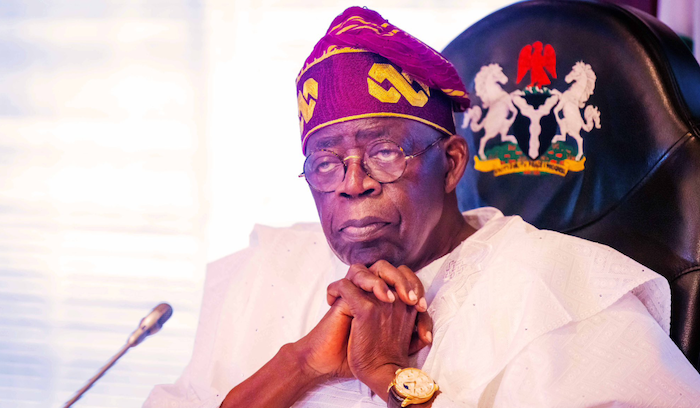Business
Nigeria missing as IMF names Africa’s top economic performers

The International Monetary Fund (IMF) has revealed that Nigeria is not among its latest list of Africa’s fastest-growing economies, highlighting instead Benin Republic, Côte d’Ivoire, Ethiopia, Rwanda, and Uganda as the continent’s growth leaders.
According to the IMF, these five nations are among the world’s fastest-expanding economies, buoyed by strong policy reforms, improved fiscal discipline, and sustained investment in infrastructure and manufacturing.
The Director of the IMF’s African Department, Abebe Selassie, made the disclosure during the launch of the institution’s Regional Economic Outlook for Sub-Saharan Africa at a press briefing on Thursday.
He said Benin, Côte d’Ivoire, Ethiopia, Rwanda, and Uganda were “among the fastest-growing economies in the world,” attributing their strong performance to sound macroeconomic management and fiscal reforms.
Selassie projected that growth across Sub-Saharan Africa would stabilise at 4.1 per cent in 2025, with a modest uptick expected in 2026. He noted that this steady expansion reflected continued progress in macroeconomic stabilisation and reform implementation.
Despite the IMF’s omission, Nigeria’s growth prospects have improved slightly. The Fund recently upgraded its 2025 forecast for Nigeria to 3.9 per cent, citing higher oil production, renewed investor confidence, and supportive fiscal measures. The revision represents a 0.5 percentage point increase from earlier projections, signalling cautious optimism about Nigeria’s medium-term outlook.
Similarly, the National Bureau of Statistics reported that Nigeria’s GDP expanded by 4.23 per cent year-on-year in real terms during the second quarter of 2025—an improvement from 3.48 per cent in the same period of 2024—driven by gains in oil output, non-oil sector recovery, and easing inflationary pressure.
Still, the IMF maintained that Nigeria’s growth remains below potential and called for deeper structural reforms, improved electricity supply, better inflation control, and increased non-oil revenue generation through industrial diversification and more efficient tax administration.
Selassie also raised concerns about rising financial vulnerabilities across the region, warning that governments’ heavy reliance on domestic bank borrowing poses risks to financial stability. He cautioned that about half of public debt in Sub-Saharan Africa is now held by domestic financial institutions, heightening the risk of distress if debt levels remain high.
He advised countries to strengthen regulatory oversight, boost capital buffers, and maintain sound fiscal trajectories to limit spillover risks.
The IMF’s latest outlook urged African nations to focus on “domestic revenue mobilisation” through modernised, digitalised tax systems and better enforcement mechanisms, while emphasising the importance of building public trust and institutional capacity.
Turning to Nigeria, the IMF commended ongoing fiscal and monetary reforms, describing the country’s policy direction as “broadly positive.” Davide Furceri, Division Chief in the IMF’s Fiscal Affairs Department, said Nigeria’s current fiscal stance is neutral and aligned with efforts to curb inflation without stifling growth.
“Nigeria has done quite a lot in the past years,” Furceri said, noting improvements in tax administration and spending efficiency.
Similarly, Tobias Adrian, Director of the IMF’s Monetary and Capital Markets Department, said Nigeria’s exchange rate reforms and tighter monetary policy had boosted policy credibility and strengthened foreign reserves.
“Exchange rates are important buffers to adjust the domestic economy relative to shocks,” Adrian explained, adding that Nigeria’s recent reforms “strengthened policy frameworks on the monetary policy side.”
Assistant Director Jason Wu noted that stronger revenue collection and better foreign exchange transparency have helped Nigeria reduce inflation from over 30 per cent last year to 23 per cent this year.
Despite these gains, the IMF warned that Sub-Saharan Africa remains vulnerable to external shocks, including volatile capital flows, weaker global demand, and divergent commodity prices.





















